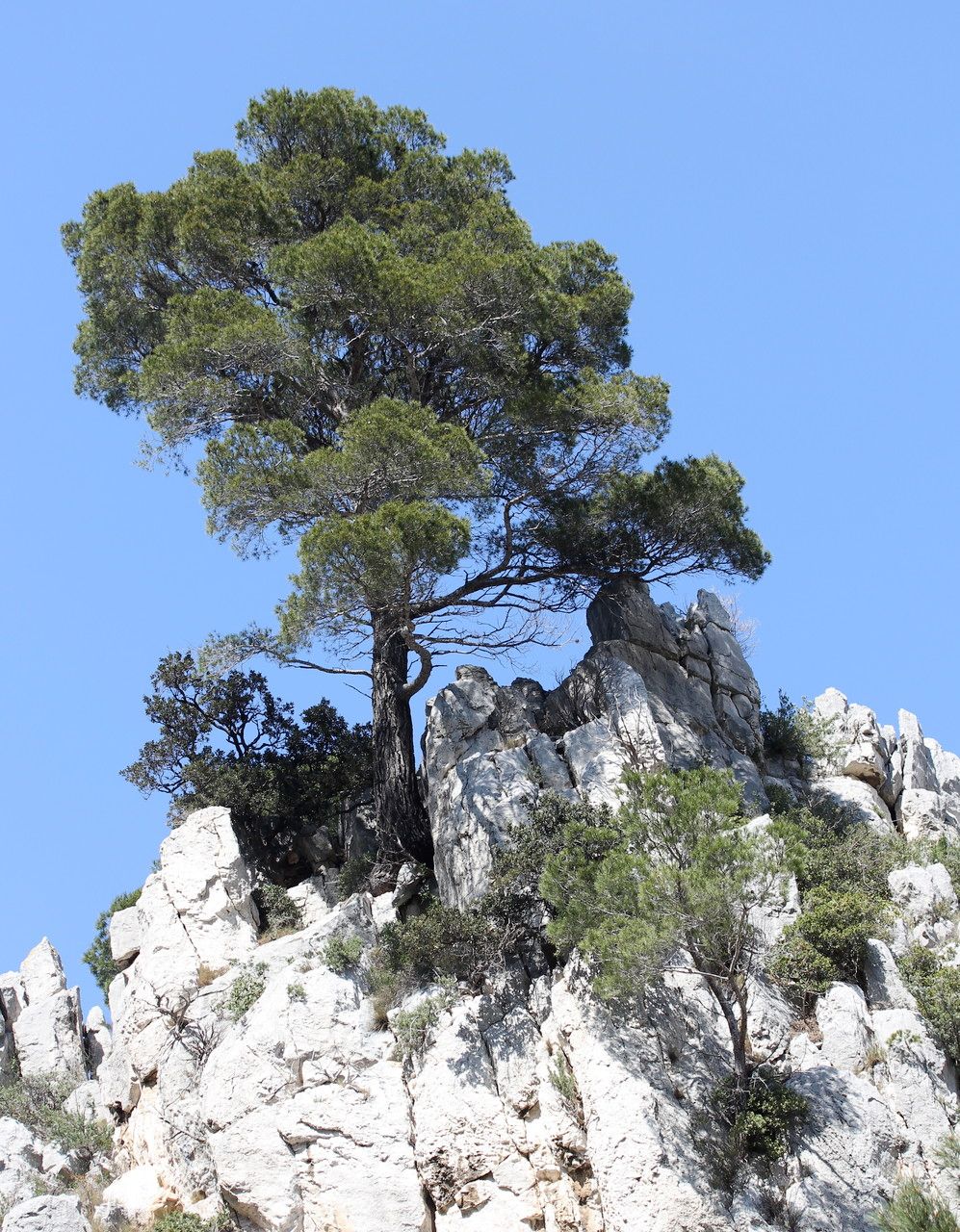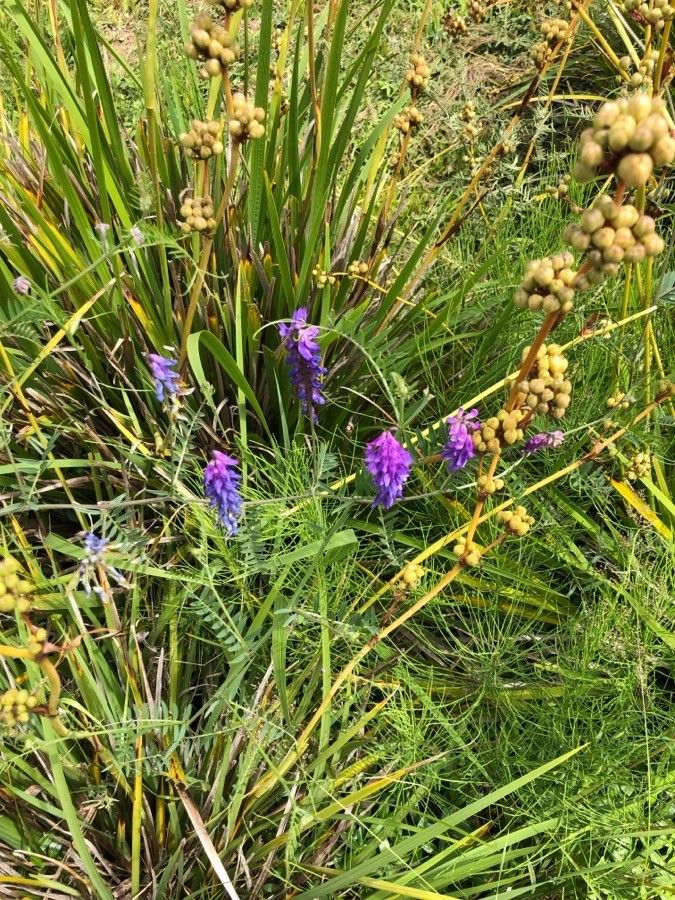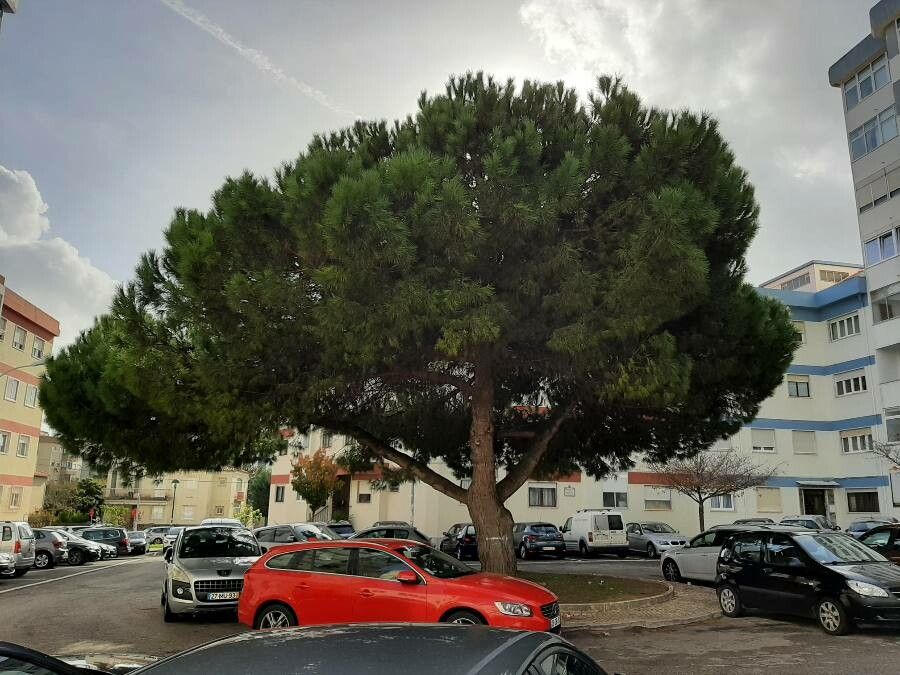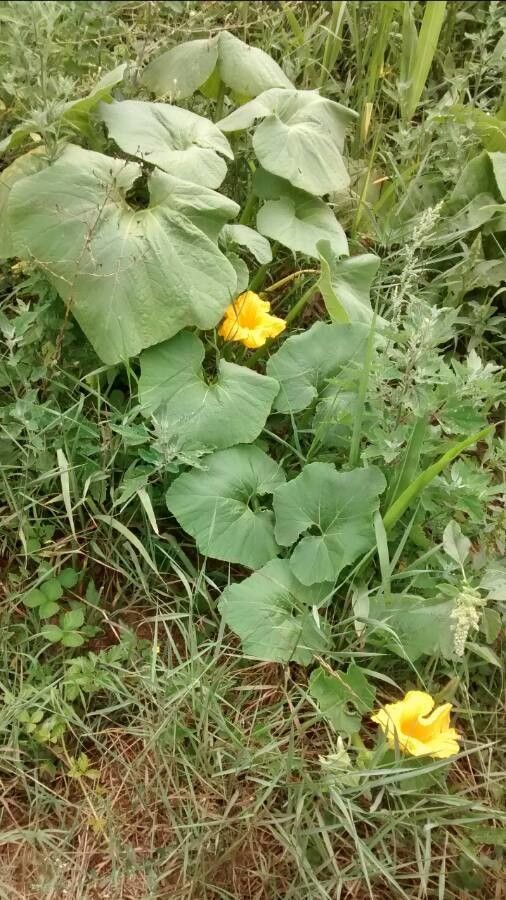## Jerusalem Pine: A Complete Guide
The Jerusalem pine, scientifically known as *Pinus halepensis*, is a majestic evergreen tree belonging to the Pinaceae family. Native to the Mediterranean region, this adaptable species has earned its reputation for resilience and beauty, making it a popular choice for landscaping in various climates. Its name, while evocative of the Holy Land, is slightly misleading as its range extends far beyond Jerusalem, encompassing much of the Mediterranean basin and even parts of North Africa.
### Habitat and Growth
Jerusalem pines thrive in warm, dry climates, demonstrating remarkable drought tolerance. They prefer full sun exposure and well-drained soil, although they can adapt to a range of soil types, including sandy and rocky conditions. Their shallow root system makes them susceptible to strong winds, so planting in a sheltered location is recommended. This pine can reach impressive heights of up to 25 meters (82 feet), showcasing a characteristically irregular and often open crown. Its needles, typically 7-15 centimeters long, are paired in bundles of two, giving it a soft yet textured appearance.
### Care and Maintenance
The Jerusalem pine is relatively low-maintenance once established. Regular watering is crucial, especially during dry periods, particularly for young trees. However, it’s crucial to avoid overwatering, which can lead to root rot. Fertilization is generally unnecessary unless the soil is exceptionally poor. Pruning is usually limited to removing dead or damaged branches, maintaining its natural form. Due to its potential size, careful planning regarding its placement in your garden is essential to prevent overcrowding or future issues.
### Uses and Benefits
Beyond its aesthetic appeal, Jerusalem pine has various practical applications. Its timber, though not as strong as some other pine species, has been used for construction and crafting. It plays an important role in preventing soil erosion in its native habitats. The tree also provides a valuable habitat for wildlife, offering nesting sites for birds and shelter for smaller animals.
### Pest and Disease Resistance
While generally resilient, Jerusalem pines can be susceptible to certain pests and diseases. Pine bark beetles and other insects can cause damage, while fungal infections can also pose a threat. Regular inspection and prompt treatment are vital to ensure the health of your tree. Maintaining good soil drainage can significantly minimize the risk of fungal diseases.
### Propagation
Jerusalem pines are primarily propagated through seeds. Collecting seeds from mature cones and sowing them in suitable conditions can lead to successful propagation. However, it's important to note that it can take several years for seedlings to mature into sizeable trees.
### Conclusion
The Jerusalem pine, with its adaptability and striking appearance, remains a popular choice for landscaping and conservation projects. Its relatively low-maintenance nature, coupled with its visual appeal and ecological significance, ensures its continued popularity among gardeners and environmentalists alike. Understanding its specific needs and growth habits can enable successful cultivation and enjoyment of this remarkable tree.
Jerusalem Pine: A Complete Guide

Frequently Asked Questions
How do I care for a Jerusalem pine tree?
Jerusalem pines need well-drained soil and full sun. Water regularly, especially when young, but avoid overwatering. Minimal pruning is usually required, mainly removing dead or damaged branches.
Is Jerusalem pine suitable for my garden?
Consider your climate and soil type. Jerusalem pines thrive in warm, dry climates and well-drained soil. Their mature size should also be factored in, ensuring adequate space is available.


